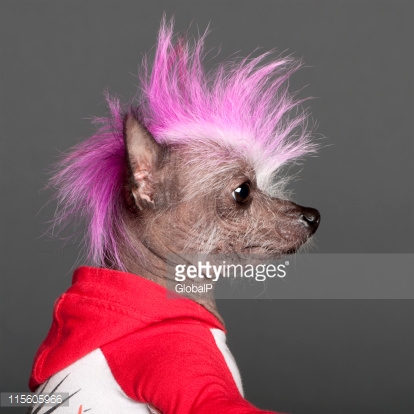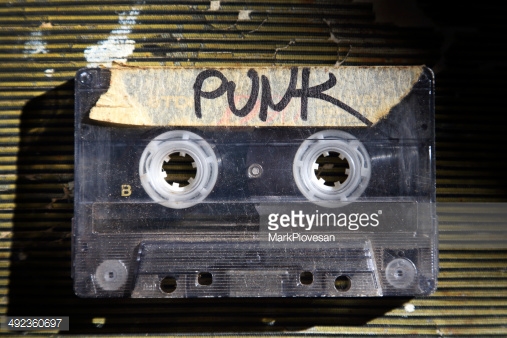I ostensibly moved to Atlanta because the drummer in my last band had moved there a year early. He, however, had a job at CNN lined up, whereas I had nothing at all.
Not long after I moved, one of the bands from my hometown came to Atlanta to play a show. I went to said show and got to see a few people I went to high school with that I’d now known for nearly a decade. The band, Party of Helicopters, was pretty well known in the “scene,” if you will, so their show was a big deal. It was at this show that I met the king of the scene.
I don’t know if such creatures exist anymore, now that we have the internet. I mean, we had it then, too, but most people I knew were still on dial-up, so it wasn’t exactly the go to way of staying in touch or getting music. I honestly don’t remember what the king of the scene in Atlanta’s name was. For some reason, I want to say Matt.
Anyway, we met at that one show and he was nice enough and since I was new in town, it was cool to have someone to talk to that was into the same things as me (or, in this case, one thing that I was into).
Not long after that, another band from my hometown came to Atlanta to play. This was a little bit different because I was not only friends with these guys from high school, they were also some of my best friends. They came to my place before the show, we all hung out after the show, they stayed at my place while they were in town.
Their van ended up breaking down when they tried to leave, so they stayed a few days longer while it was getting fixed. The king of the scene even managed to set them up with another show. I think the Party of Helicopters was there again for that show, so afterwards it was this fairly big group of “indie” people hanging out. At this point, the king of the scene seemed to assume that, since I knew all these bands from my hometown and I liked a lot of the same music, I was going to be a part of the “scene.”
I distinctly remember having a conversation with the king about some upcoming event. Honestly, I remember it as being a phone conversation about an event that was either that night or the next. I told him I was going to miss said event and I don’t believe I had a reason for missing aside from the fact that I just really didn’t care.
He told me that it was the type of thing that I “had” to go to. I remember him saying that much. I don’t remember how direct he was, but at the very least the implication was that if I wanted to be a member of the “scene,” then I had to go to “scene” based events.
Needless to say, that was my last experience in the “scene.”
There’s something to be said for the timing of that. It happened the summer of 2000, and I was spending
more and more time online. It was the heyday of Napster. I didn’t need to go to shows to discover music. Hell, I didn’t need to know anyone to discover music.
Two years later, I moved to Los Angeles. The first few years were difficult for me with regards to music. I met a lot of people and made some great friends, but none of them listened to the same things that I did. I began going to shows by myself, which ultimately wasn’t nearly as pathetic as I thought it would be.
During those years, my tastes began to change, aligning with where I’m at now. I still listen to the recorded in a basement, angst and anger punk rock, but it’s not my go to music. It’s music of a mood. It’s no longer my every day music.
These days, my music has softened. I’m indie rock. That’s probably the best way to put it, as much as that might pain me. I listen to earnest rock music by bands that don’t have mainstream success. The songs are more accessible, but still challenging, probably more so, even. I listen to more singing than yelling, although I still enjoy some quality yelling.

Slowly but surely, I met people who were into at least some of the same bands I listened to. Nicole quickly came on board with a lot of my music. We started going to shows. We started going to shows with friends. The Troubadour was the greatest place on earth.
Even this started to tapper off after a while. I got old. A show that went until 1 AM on a week day was exhausting. My feet hurt from standing. I wasn’t the angry young man I was two decades ago. And I’m fine with that.
These days, I listen to Pandora and Soma FM to hear new music. My friends on Facebook talk about their favorite new bands. I share with Nicole the bands I think she’ll like and keep the others to myself. Every once in a while, if it’s a band we both really like a lot, we’ll make the drive into the city to see them. We’ll stay up late.
I’m not punk rock. I don’t know that I ever was. But I had fun dabbling. I had fun dabbling and it got me to where I am now.
It was worth it.







